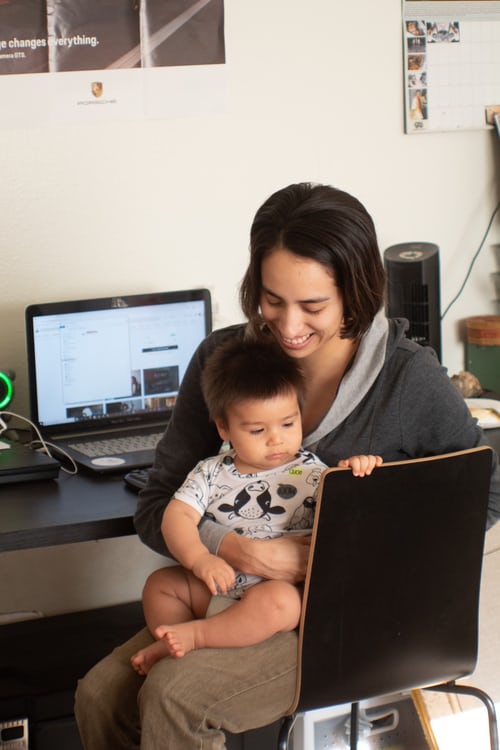Restructuring Your Business in the Pandemic
Covid-19 remains the greatest challenge for many companies, as cases rise dramatically, and restrictions tighten, during this second wave. Unfortunately for many, restructuring your business may be the only option to stay afloat.
As the end of 2020 draws near, there remains no vaccine. It appears that society and the economy will be deeply affected for some time. If you have not already thought about restructuring your business, now is the time to do so. Restructuring can be a way to be future-proof on profit.
Consult HR are here to provide some guidance on navigating the challenges.
How to Assess Your Restructuring Needs
Before you start, you need to know where your business is going under restructuring arrangements. What areas of service or production are you concentrating on? What areas are you cutting? Which staff do you need to retain? Where do you need to cut back?
You may need expert HR advice at this point, to ensure that you are taking the correct strategic approach.
Restructuring and Redundancy Procedures
The other thing you need to take into account, is that there is a strict regulatory framework to follow. For example, there are statutory consultation periods (depending on the number of redundancies being made) and procedures to be followed.
Many employers think they can ‘hand pick’ employees they are considering making redundant – it is not that straightforward. Whilst you will be able to justify that you need to make redundancies, the selection process needs to be fair. This is critical to whether you will win or lose a case in tribunal.
You may face extra penalties if these are not followed correctly, so expert HR advice is essential to protect your business. Find out more here about Consult HR support for restructuring and redundancy.
Pandemic Restructuring & Communication
Restructuring a company is not an easy or pleasant task. It involves difficult decisions and conflict. Management will of course feel anxious about making cuts.
Staff are individuals, with their own challenges and anxieties, during this pandemic. If a company keeps this in mind, then the process is likely to go much more smoothly.
Management should communicate well with each other about proposed plans, and final decisions. But management should also communicate with their staff, about such huge changes.
Recently, Cineworld decided to lay off up to 5500 workers. Staff did not know of this decision, until it was reported on by the media. This is an example of how NOT to manage lay-offs. Staff should be informed of crucial decisions BEFORE they are made. This will go some way to reduce conflict and uphold morale.
Restructuring and Equality
Another key area in restructuring and redundancies is the issue of fair redundancy selection criteria. You may think it makes sense to select workers close to retirement age or the newest recruits to the company. However, companies should always bear in mind their obligations around Equal Opportunities.
Age is a protected characteristic under the law. If your older staff are the only ones to be made redundant with no clear justification, this could be costly. A company could find themselves being taken to an employment tribunal and paying compensation (which unlimited in discrimination cases). This also causes damage to reputation.
When making redundancy decisions, management should aim to maintain a diverse workforce, retaining their strongest people to support their business. Consider knowledge and skill set. Long standing employees may have shown loyalty, but newer recruits may bring innovation. The selection process should consider the skill set, knowledge and expertise, for the long-term future of a business.
Consult HR Help for Restructuring and Redundancy
Restructuring a business and making redundancies, is one of the most stressful processes a business, and management can go through. It is crucial that restructuring is well thought out, and carefully planned.
For bespoke guidance on restructuring your business, contact Julie Pollock on 07858089006 or email julie@consulthr.co.uk
Visit our website here: www.consulthr.co.uk





